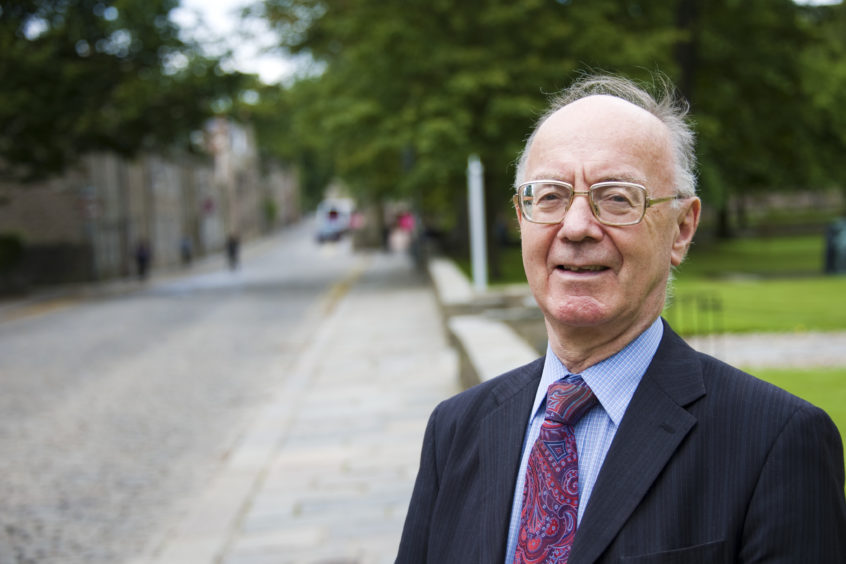
The North Sea energy industry could recover another two billion barrels of oil if operators can collaborate on untapped discoveries, according to a new study.
Aberdeen University has researched more than 400 undeveloped offshore discoveries in the UK, holding a combined 6.7billion barrels of oil, of which many are too small to be economically produced on their own.
However, the study has shown that developing several fields in “clusters” with shared infrastructure could mean 1.9billion barrels can be recovered at today’s $60 oil price using modern technology.
By comparison, the total number that could be recovered from developing the fields “stand-alone” at a $60 price would be just 620million barrels.
“Cluster” developments involve operators sharing costs to build common infrastructure from which to produce their separately owned fields from, such as an oil platform.
Researchers said the total number of economically recoverable barrels through this method could surge even further to five billion should the oil price reach $70, or through future advances in technology.
Report co-author, Professor Alex Kemp, said the findings show there is a big “prize” to be won and that the $60 scenario is possible with support from regulator, the Oil and Gas Authority (OGA).
He added: “An extra two billion barrels could make a significant difference.
“If we can get cluster developments we’re going to have a big improvement in the economic recovery on the whole UKCS (UK Continental Shelf).
“I would say with the encouragement and exhortation of the OGA that it is quite possible.”
The idea of cluster developments is consistent with Sir Ian Wood’s 2014 “Wood Review” which set out how collaboration could help maximise economic recovery from the UK North Sea.
It is also aligned with the OGA’s introduction of “area plans”, which are specific offshore licensing rounds for operators to work together to develop several fields within a specific region.
However, Professor Kemp admitted it is easier said than done and that there are some practical challenges to sharing infrastructure and getting different companies to collaborate on costs.
He added: “We understand that it is easy to say all that but executing it is not so easy because we need to get companies that are not necessarily very well aligned to come together to collaborate and form these clusters.
“For example, one or two fields in the cluster could be ready for development now but others may need appraisal work and may not be ready for five or six years.
“So you need the common infrastructure now to get the first field going, but if your field is not going to be ready for several years how willing are you going to be to make a contribution now?
“These are some of the practical issues but the main point we want to show is there is a significant prize to be won by overcoming these difficulties.”
Recommended for you

